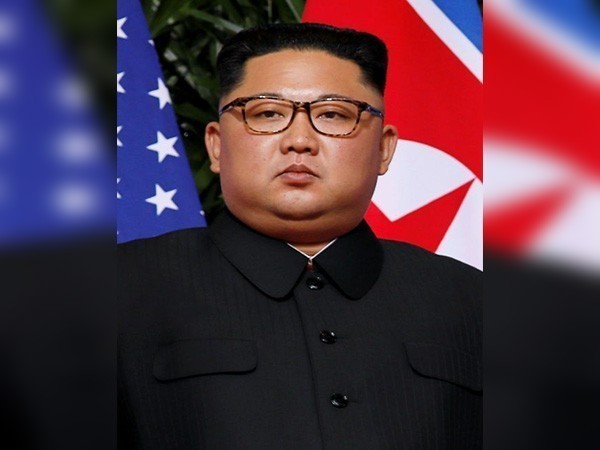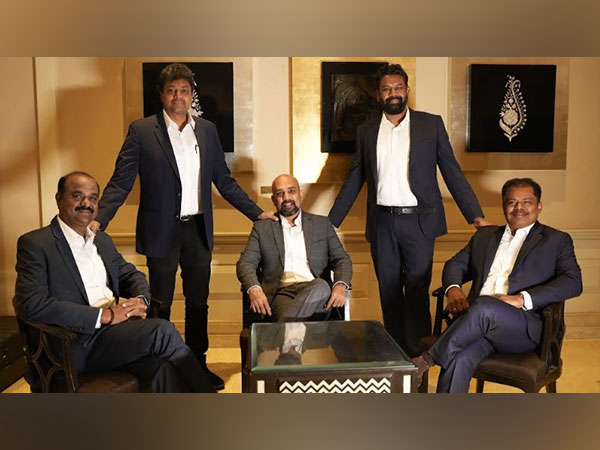
N. Korean leader says his country will never give up nuclear weapons
Sep 09, 2022
Seoul (South Korea), September 9: North Korean leader Kim Jong-un said his country will never surrender nuclear weapons or use them as a bargaining chip for denuclearization with the United States at a key parliamentary meeting this week, Pyongyang's state media said Friday.
Pyongyang also adopted a new law that will automatically launch a nuclear strike if attacked as it held the second-day session of the Supreme People's Assembly (SPA) meeting the previous day, the official Korean Central News Agency (KCNA) said.
"(We will) never give up nuclear weapons and there is absolutely no denuclearization, and no negotiation and no bargaining chip to trade in the process," Kim was quoted as saying in the KCNA.
He accused the United States of seeking to bring down the North Korean regime by pressuring the North to surrender its nuclear power and self-defense rights.
Kim also slammed the U.S. for pressuring the North to give up its nuclear weapons by imposing tough sanctions, calling it a "misjudgment and miscalculation" that will not be effective even in a "hundred years."
The North also adopted a new law on the policy on nuclear forces, saying it is a "lawful demand of the current situation" that will serve as a powerful legal guarantee for further strengthening its position as a nuclear weapons state.
According to the new law, a nuclear strike can be automatically carried out immediately to destroy the origin of the provocation if the command and control system of the nuclear force is in danger of an attack by "hostile forces," the KCNA said.
In regards to the new law, Kim stressed that legalizing the nuclear weapons policy has "great significance in drawing a line so that we can no longer bargain over our nuclear power."
He added that the "political and military conditions of the Korean Peninsula," as well as the global political environment, must change for there to be any adjustment of the North's nuclear policy.
Source: Yonhap






